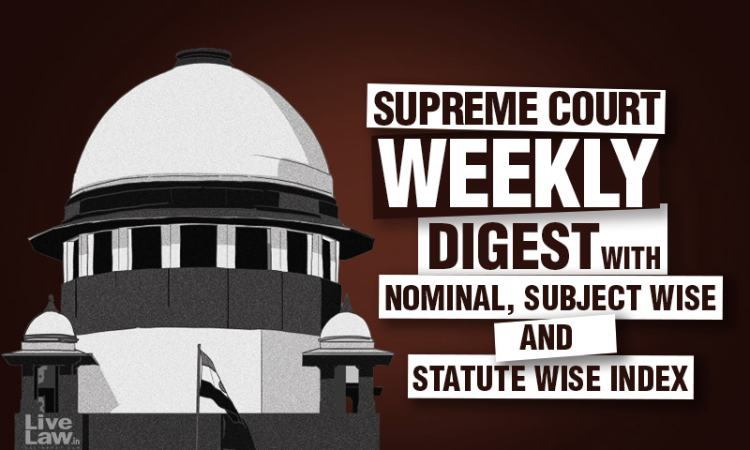Child Custody - Income and/or the age and/or the bigger family cannot be the sole criteria to tilt the balance in custody matters - One should not doubt the capacity and/or ability of the paternal grandparents to take care of their grandson - Grand Parents are more attached emotionally with grandchildren. (Para 7.2) Swaminathan Kunchu Acharya v. State of Gujarat, 2022 LiveLaw...

